HOME > Basketball
Offense can cure all diseases! But what about the Lakers defense?
10:01pm, 25 November 2025【Basketball】
More than a month into the new season, the Lakers are firmly in the top half of the Western Conference with 12 wins and 4 losses.
With the dual-core combination of Doncic + Reeves, the offense is indeed beautiful, and the role reinforcements are gradually taking shape; with James' return, the team's core lineup is basically complete.
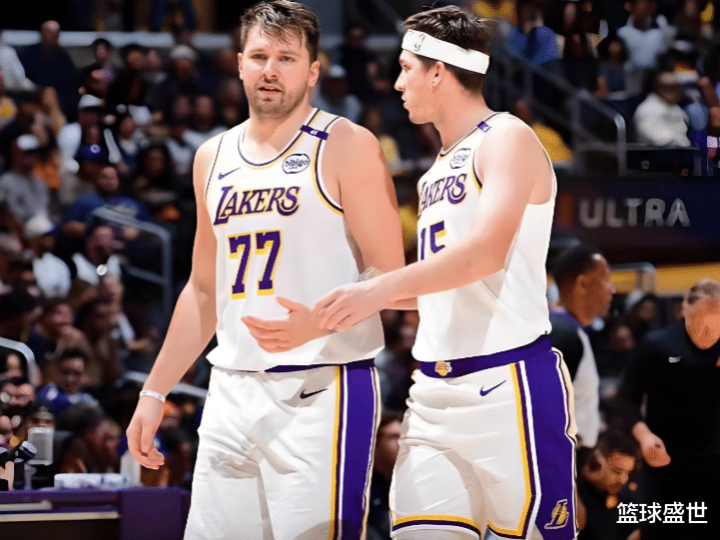
On the surface, everything seems to be moving in the best direction, and this Lakers team has made people feel that they have a chance this season for the first time in a long time. But what is most easily overlooked is that an excellent record does not mean that the team has no problems at all.
Especially if the Lakers are compared with the strongest teams in the Western Conference, facing the Thunder, Rockets, and Nuggets, if the Lakers want to firmly enter the championship seat, there is at least one fundamental problem:
The Lakers' defense is still some way away from the real championship level.
It is undeniable that the Lakers' offense has indeed improved a lot this season. The basketball flow on the court has become faster, the outside three-point shooting rate has also improved, and the offensive and defensive counterattacks have become more mature.
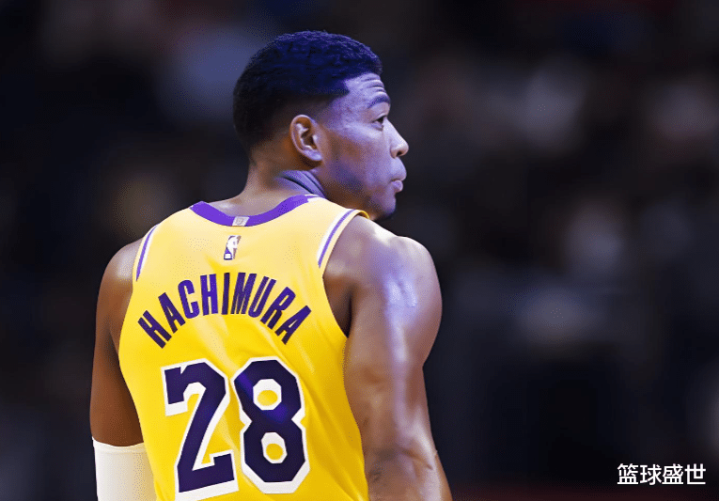
But it is also true that their defensive problems have also begun to be put on the table. In the game, some embarrassing rounds are often exposed:
The opponent is left open on the outside, the shooter in the corner is missed, the weak side rotates half a beat late, the inside communication is wrong, and the defensive transition is out of position;
The consequences of these phenomena are also obvious. It is obvious that the game can be defeated in one wave, but the result is that there are continuous leaks and the offense is disconnected; or the game is obviously in a stalemate, and the result is a sudden collapse.
For Lakers fans, the slogan "Three Lakes Collapse" is indeed very familiar.
Faced with these situations, the Lakers' only solution is to rely on Doncic and Reeves to solve it. The cost of this choice is also obvious. Doncic averaged 36.2 minutes per game, while Reeves averaged 36.1 minutes. Looking at most of the core players in the league, the burden on these two is already quite heavy.
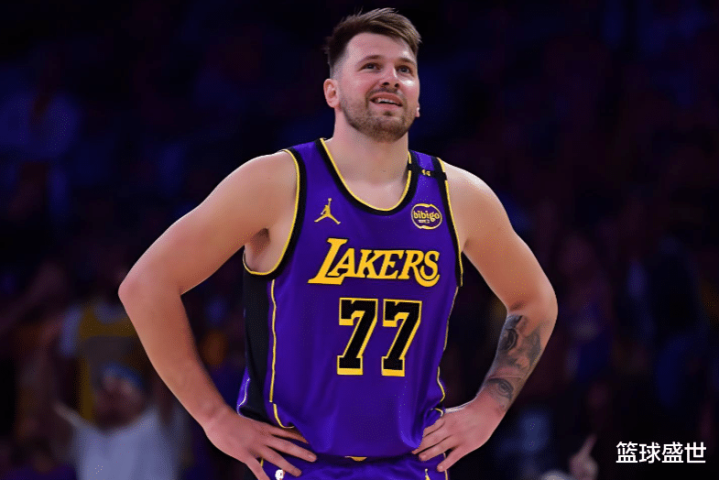
In comparison, Jokic averages 34.8 minutes per game and Alexander 33.2 minutes per game. This is the rotation rhythm of a mature and strong team.
With the high load of core players, the Lakers' defensive efficiency ranks 17th in the league, and their offensive efficiency ranks 9th. The offense can still support their performance in the regular season, but the mid-to-lower defensive efficiency is far from enough if they want to compete for the championship.
Looking back at the championship teams in the past 20 years, basically all teams have defensive efficiency in the top ten in the league. The only ones who have fallen out of the top ten are the 2018 Warriors and the 2023 Nuggets.
Although defense is not everything about a team, the saying "defense wins championships" still makes sense. If the Lakers cannot improve their defense to the top ten, or even the top five, problems will eventually be exposed when facing higher intensity opponents in the playoffs.
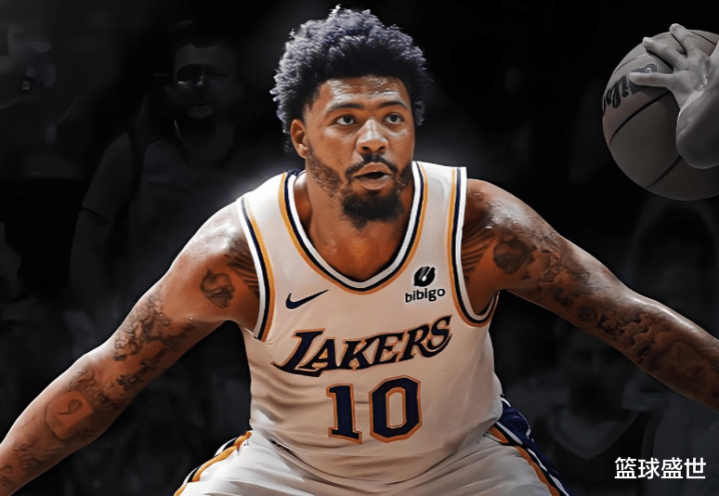
As for the Lakers' defense, broken down into single quarters, they are not unable to defend, but the main reason is that the defensive intensity is not stable enough:
They concede 31.2 points per game in the first quarter, 22nd in the league;
They concede 26 points per game in the fourth quarter, 3rd in the league;
Coincidentally, these two quarters are the main players' playing time. What does this gap mean?
The Lakers' defensive intensity mainly requires a slow start to enter the state; most of the time, they are not able to maintain a strong defense from the beginning, but will start to seriously deploy their defense after a period of time.
It is not difficult to see the problem with this choice. If you are penetrated by a wave at the beginning, you may not be able to recover even if you need to spend double your energy in the final quarter. Although the reversal drama is beautiful, you cannot count on the final reversal in every game.
The cost of reversing the game is the high consumption of the star's physical energy. When the physical energy is exhausted, it will be difficult to win.
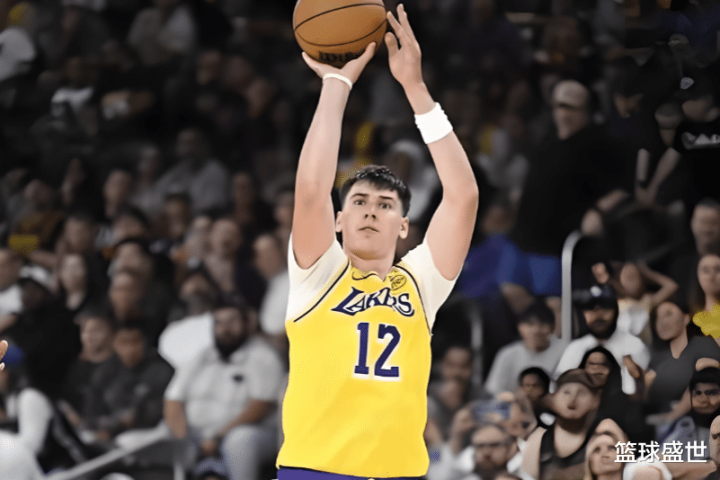
It is not difficult for people to question: Why is the Lakers' defense so good and bad?
From the surface, the reason behind it is not difficult to understand:
The current Lakers defense depends more on mentality than ability.
They can maintain strong defense with all members, even Doncic, whose defense has improved significantly after becoming thinner this season; Ayton has made up for the shortcomings in frame protection, and the other reinforced role players can also maintain stable strength.
But the problem lies in this. The Lakers often have some rounds where they are not defensive. They take one step less in the rotation, are a step slower in filling the position, and have poor communication. The team's defense can only be penetrated continuously.
In this regard, what needs special explanation is veteran James. His defensive choices directly affect the entire team to a large extent. In a very realistic situation, the 40-year-old James can no longer fight for every ball. He will choose to save energy and defend with all his strength in some sure rounds.
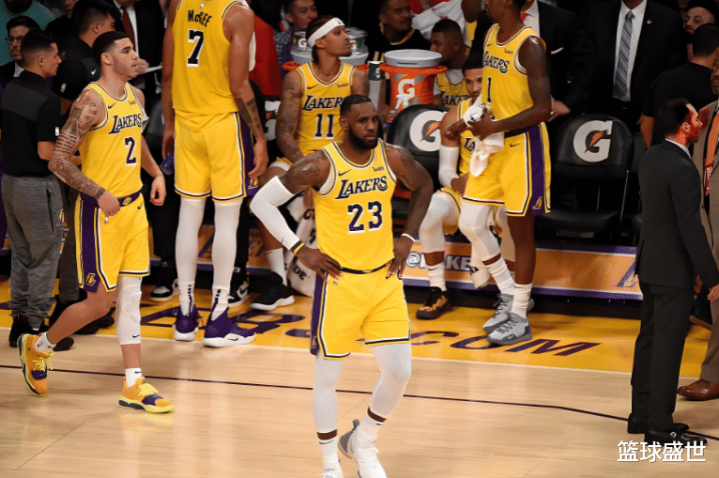
But the problem is that when the person with the greatest say in the team chooses to give up some details, other role players will naturally be affected.
For championship teams, their defense relies more on team culture and game attitude. They cannot choose to give up defense just because they are "not sure they can defend"; but if team leaders are doing this, the team's defensive system will naturally inevitably relax.
In short, the Lakers' defensive fluctuations this season are not essentially due to being unable to defend, but rather because they have not established the habit of a championship team that "focuses on defense in every round."
The Lakers are indeed a strong team, but if the standard is changed to a championship-level team, the answer may not be so easy.
When the opponent is at full strength and must compete every time in the playoffs, or even when the referee's whistle is unfavorable and the core rotation is shortened, the Lakers' "unstable defense" will inevitably be infinitely amplified.

And this shortcoming is difficult to solve through trade. Only when the Lakers can maintain their defensive intensity from the first minute to the last moment will they be considered a real championship team.
source:7m vn sportRelated Posts
- As expected! Reporters posted netizen prediction votes: 60% successfully predicted that James would not announce his retirement.
- A star who may retire in the NBA in the past five years. Time always says goodbye
- +1! The fourth player this summer goes abroad and joins the overseas league and is expected to become the next Yang Hansen
- Adebayo s girlfriend is too strong: He won 6 consecutive victories with 30+16, breaking the record and becoming the first person in WNBA history
- The Chinese men s basketball team will see a blowout talent in the next Olympics, and Yao Ming s dividends will gradually be reflected!
- NBA Rockets News: Renewal with Tate
- Wiggins takes a family on vacation and earns 250 million yuan. The Lakers want to trade him, and his wife has a good figure
- Heroes cherish each other! Pierce praised Kobe as the second Jordan, saying that defending him is very stressful
- NBA Playoffs: Unexpected 3-1, Kaiyong is in trouble, Nuggets Thunder King Mountain
- Chasing dreams and mocking Dillon was criticized by American netizens! James was caught in a gunfire!
Hot Posts
- As expected! Reporters posted netizen prediction votes: 60% successfully predicted that James would not announce his retirement.
- A star who may retire in the NBA in the past five years. Time always says goodbye
- +1! The fourth player this summer goes abroad and joins the overseas league and is expected to become the next Yang Hansen
- Adebayo s girlfriend is too strong: He won 6 consecutive victories with 30+16, breaking the record and becoming the first person in WNBA history
Recommend
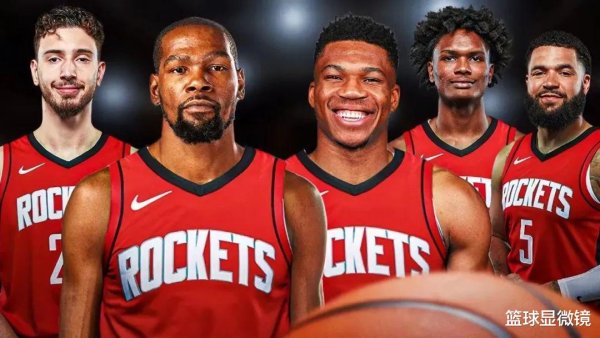
The Rockets and the Celtics are planning a 2-for-1 deal? Goodbye Jabbarry Smith Jr.?
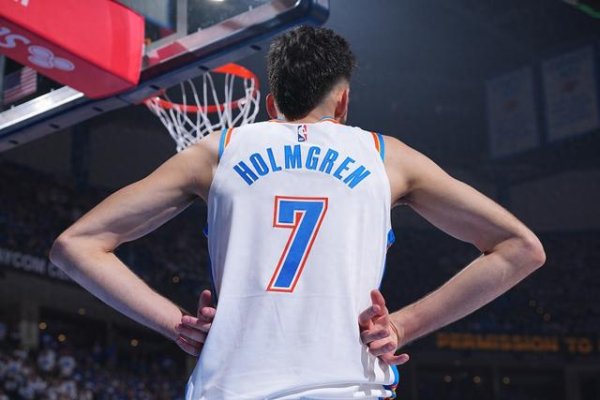
Chet: What a high-quality showdown, the Nuggets attacked hard as they get up

Javi: In terms of team closeness, the Pacers are very close to us

Skip: James originally wanted to rely on Luka to have a championship tour, but his plan fell apart after he was refused to renew his contract.
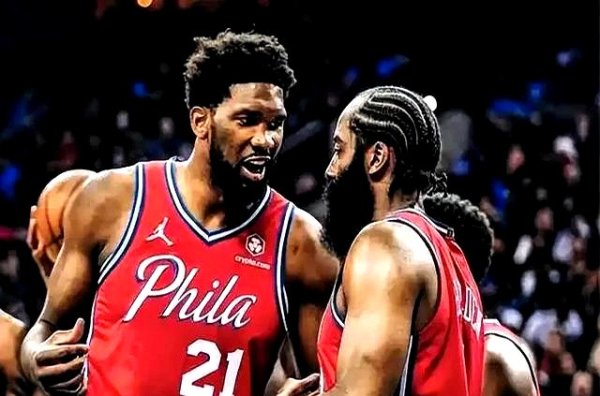
76ers star Embiid said: Harden has cut off communication with him& he is still a friend of Butler
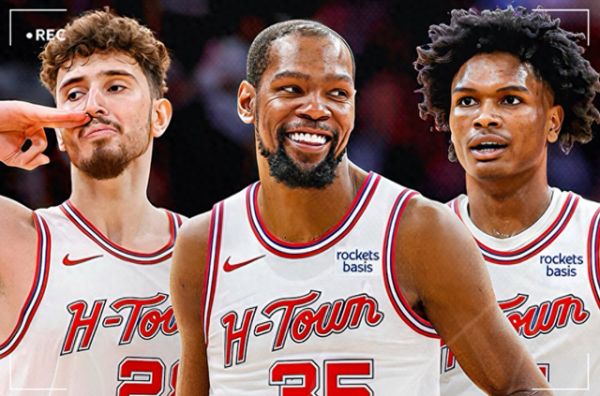
4-year big contract! The Lakers are in danger, the Rockets are poaching the strong player, and Stone s magic operation continues

The Pacers vs. Thunder G1 will start at 30 tomorrow morning. Today, Pacers defender Tai...
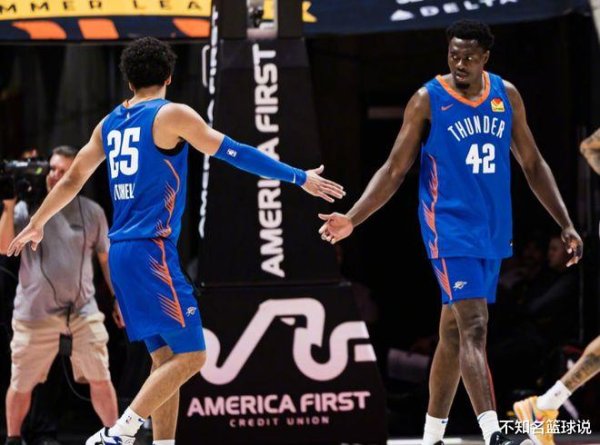
The new team of Tanhua was injured! 76ers lost to the Thunder in two games, and the Lakers former player Topic made 2 of 13 points